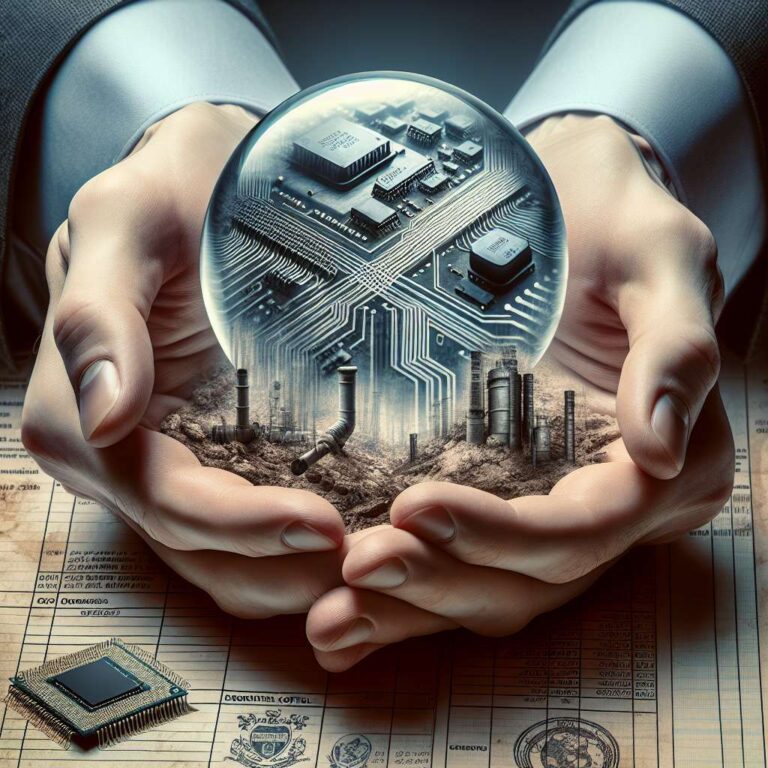The download highlights a prototype quantum radar that could transform underground imaging. Physicists used a cloud of atoms in a glass cell to detect reflected radio waves, creating a type of quantum sensor that leverages quantum-mechanical properties as measurement devices. The team envisions applications such as mapping utilities, guiding well drilling for natural gas, and assisting archaeological digs. It is early stage work, but the approach points to practical sensing devices that work where conventional radar struggles.
In other headline news, nvidia and amd struck an unconventional deal to pay the US government 15% of their China sales of chips used for Artificial Intelligence. The arrangement was brokered at the presidential level and could channel billions into the US treasury, according to reporting. The agreement arrives amid mounting tensions over semiconductors and national security; China has pushed back, claiming some nvidia products, including H20 chips, pose safety concerns. The pact is the latest signal that semiconductor diplomacy is now central to trade and geopolitical strategy.
The newsletter also gathers several fast-moving items worth watching. openai is restoring gpt-4o to chatgpt after user backlash linked to the rollout of gpt-5. The us bureau of labor statistics is facing turmoil that threatens timely economic data. Spain is coping with an unexpected surplus of solar power that has strained its grid. Truth Social deployed a chatbot that repeatedly contradicts the platform’s founder on key topics. Tesla has applied for a license to supply power to british homes, potentially entering the retail energy market. Other notable items include rising demand for assisted dying in canada, a farewell to aol dial-up after 34 years, and cultural stories ranging from nepotism at nvidia to founders who prefer work over drinking.
Finally, the edition flags a thought-provoking experiment in blockchain gaming. Dark Forest creates a decentralized metaverse where players claim planets without relying on a single platform, hinting at new models for shared virtual spaces. The download mixes big-idea tech with practical developments, and it keeps an eye on how hardware, policy, and software are reshaping everyday systems.

